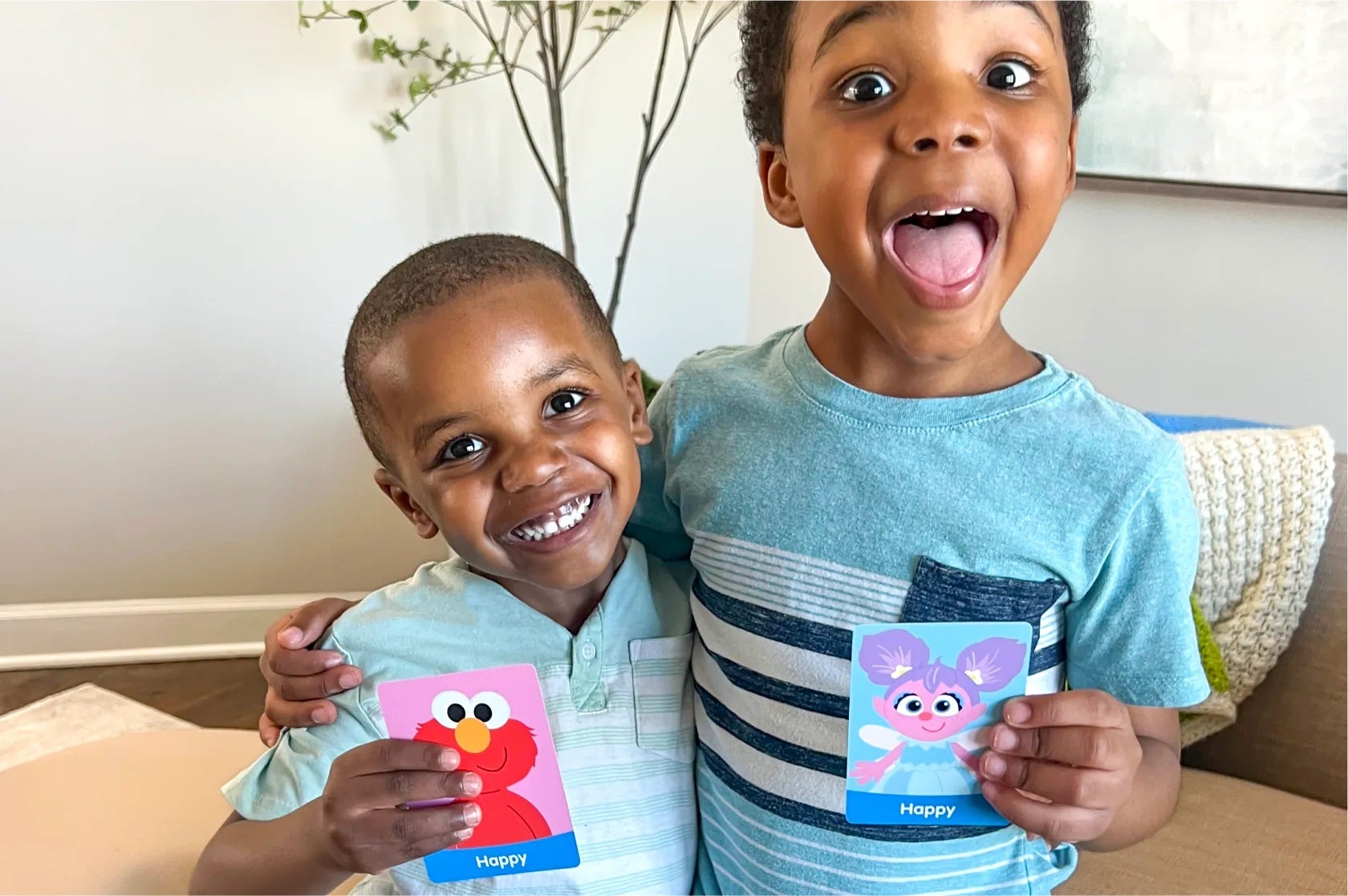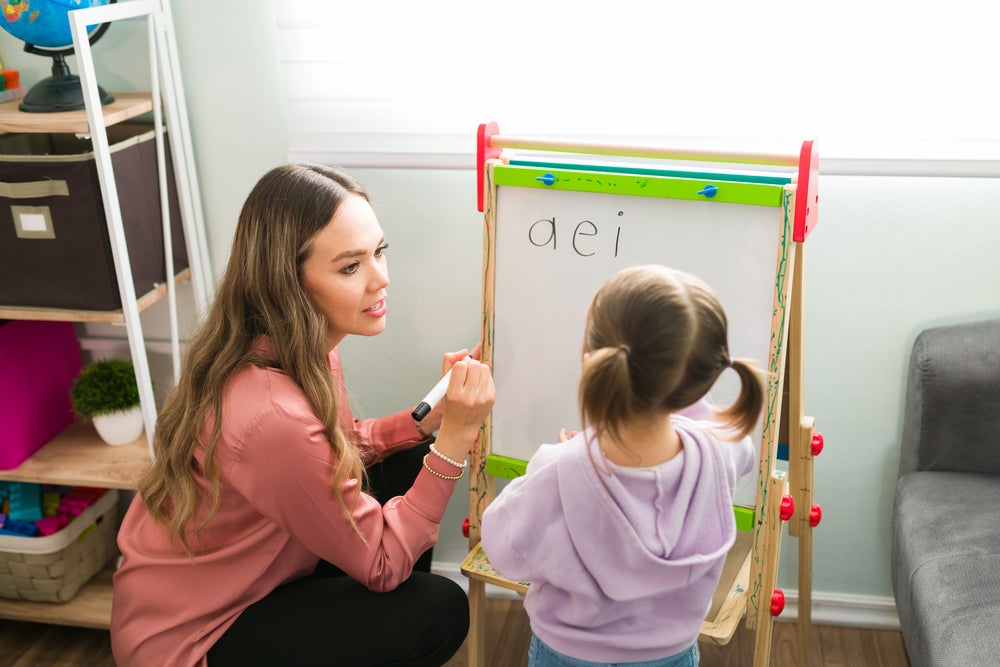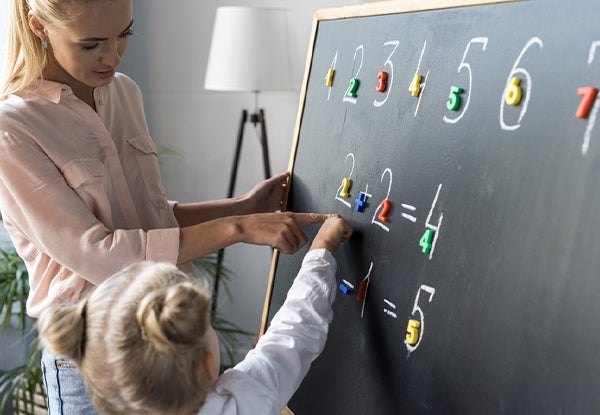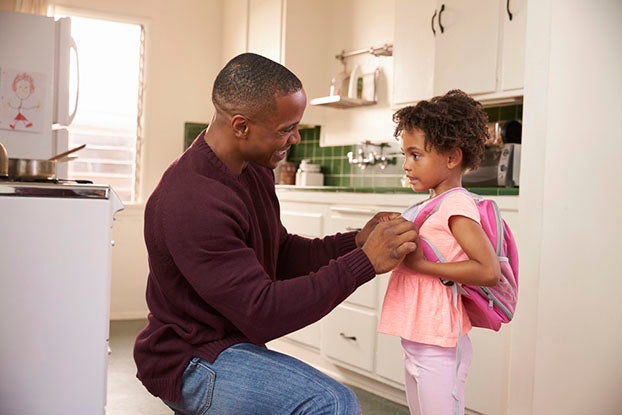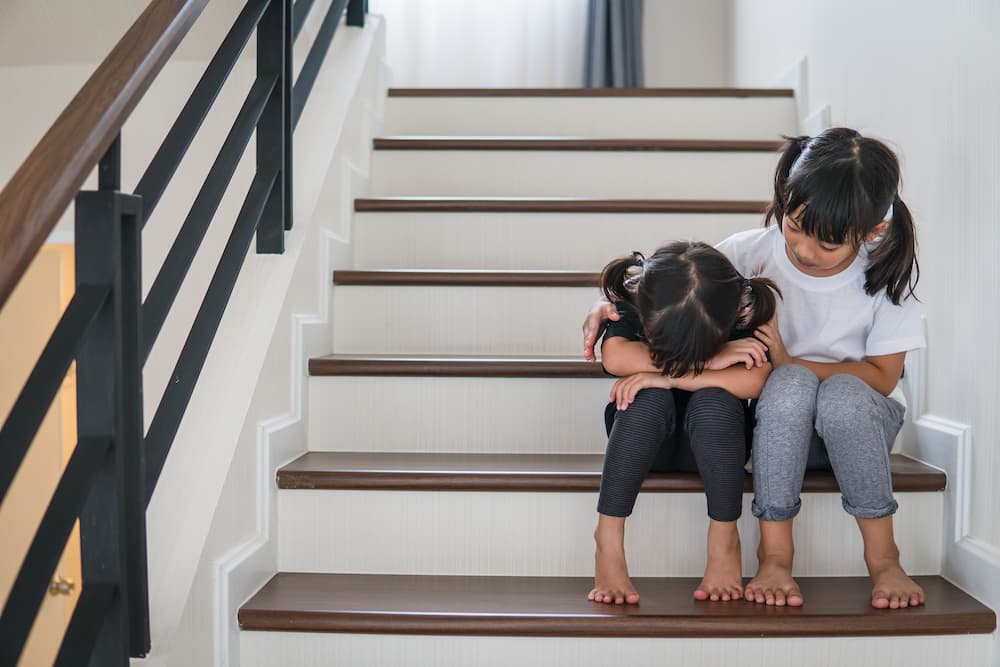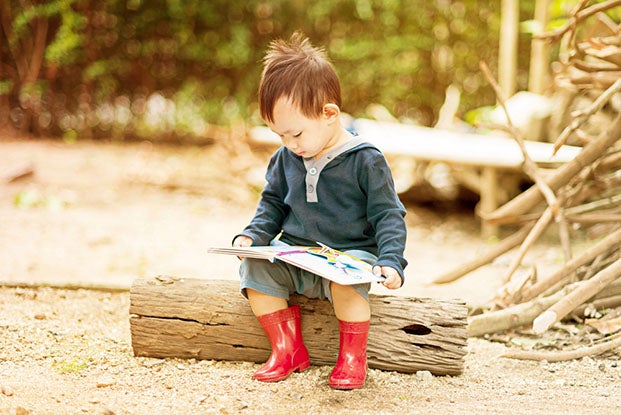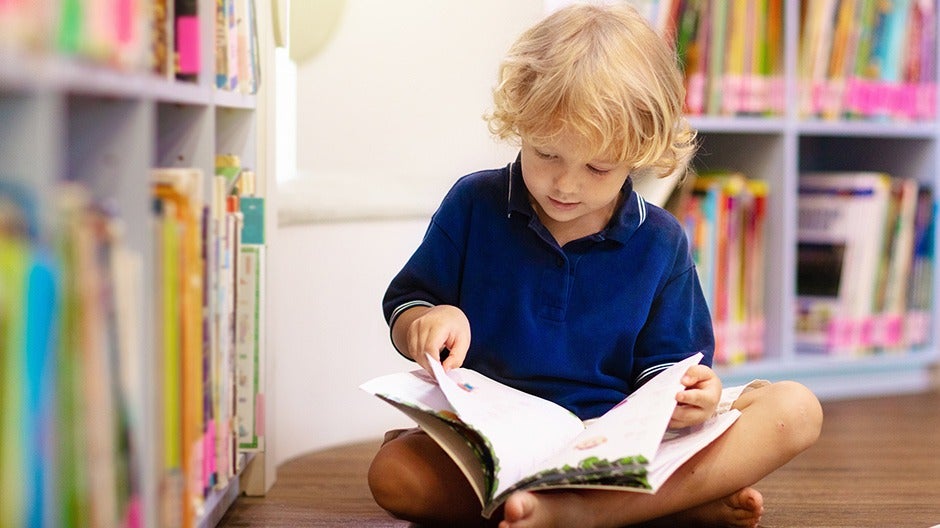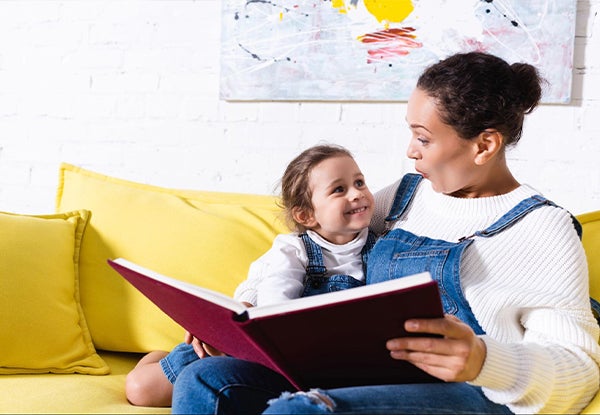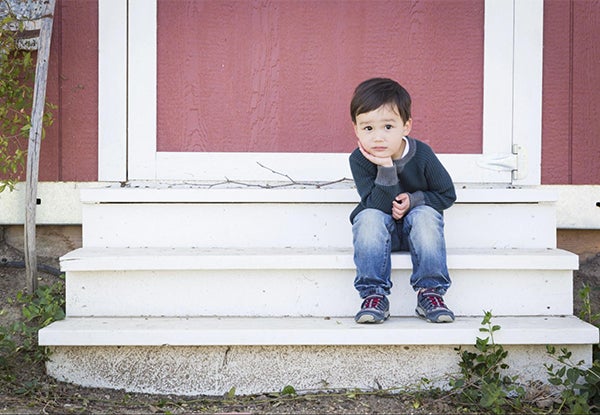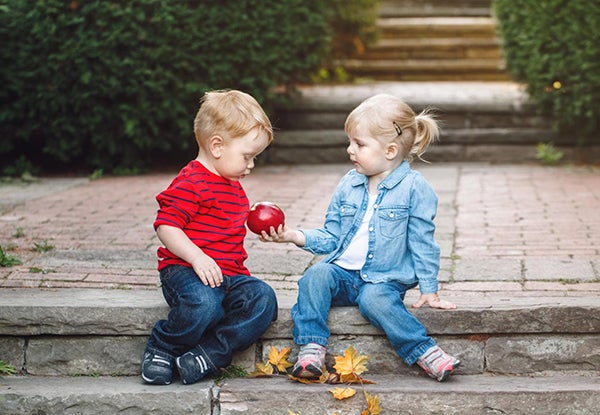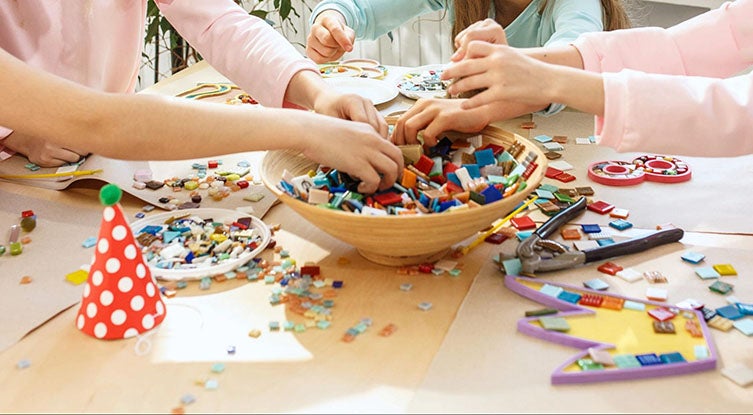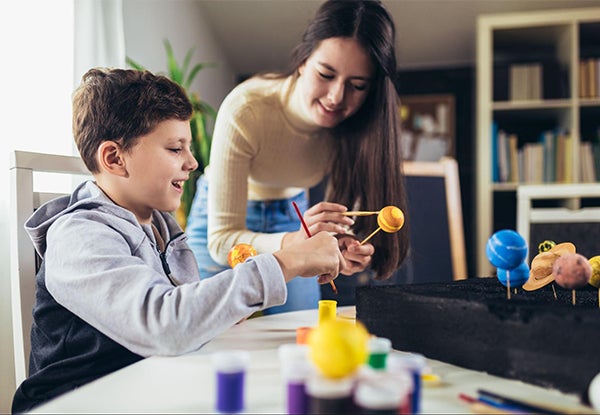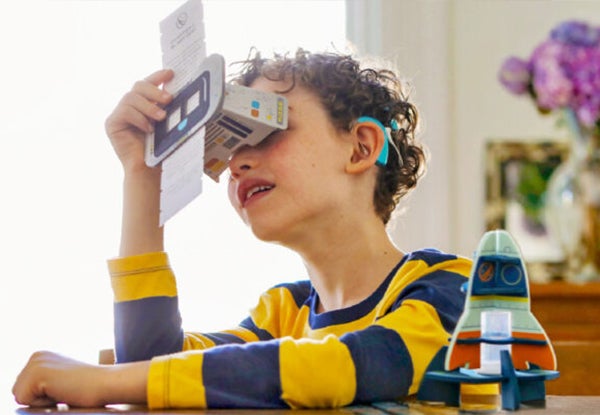Are you looking for fun and meaningful activities to help your child grow emotionally and socially? You’re in the right place! This guide offers 35 engaging social-emotional learning activities to try at home.
But before we get to the list, let’s examine social-emotional learning and how it fits into the 5C’s of the Begin Approach to helping kids thrive in school and life.
Table Of Contents
What Is Social-Emotional Learning?
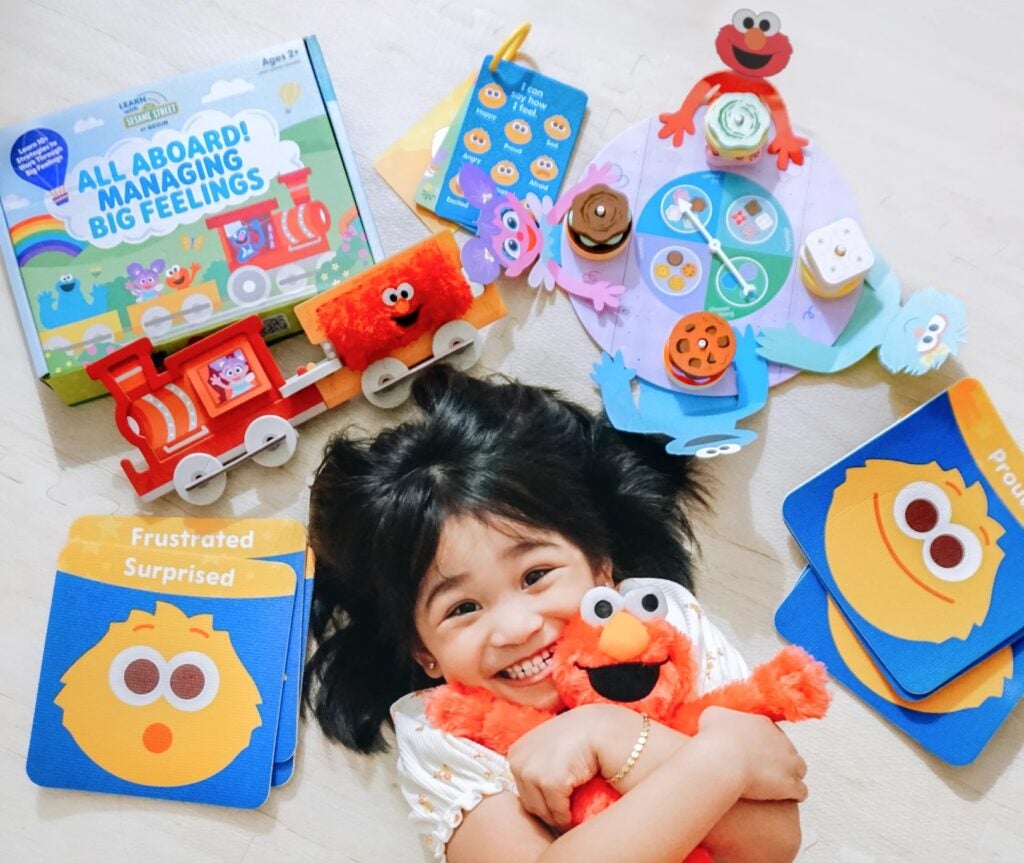
Social-emotional learning, sometimes called SEL, is the process of developing and practicing skills that allow us to understand and manage our emotions, build positive relationships, show empathy toward others, and make responsible decisions.
In other words, it helps people build their character, which is one of the 5C’s at the heart of the Begin Approach.
35 Social-Emotional Learning Activities
Now that you know more about the importance of practicing SEL skills at home, here are 35 activities to try with your child.
We divided the list into five categories:
- Self-Awareness
- Social Awareness
- Self-Management
- Responsible Decision-Making
- Relationship Skills
Let’s dive in!
Social Emotional Learning Activities: Self-Awareness
Self-awareness means recognizing your emotions and understanding how those feelings influence your thoughts and actions. It also means being honest about your strengths and weaknesses and remaining confident in who you are.
1) Play Emotion Charades
Write down different emotions (or pictures representing emotions) and take turns acting them out.
2) Create A Feelings Collage
Have your child find and cut out pictures or words in old magazines that represent their feelings. They can use these images to create an emotions collage.
3) Draw “I Am” Pictures
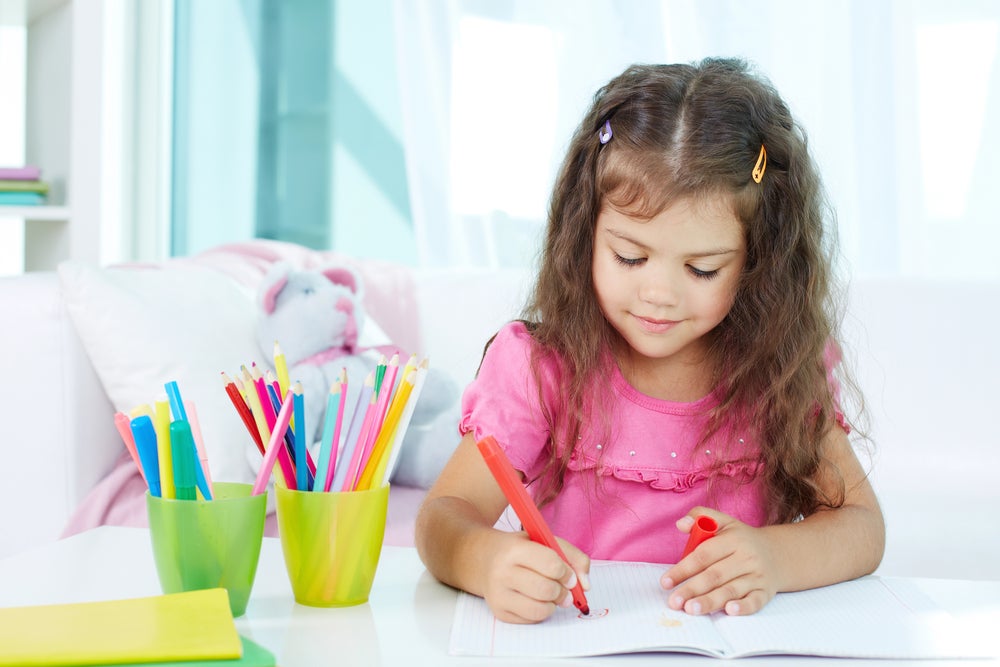
Ask your child to list things they like about themselves and draw pictures representing those traits.
4) Keep A Journal
Encourage your child to keep a journal of their thoughts, feelings, and events in their lives. Younger children can draw pictures, while older children may choose to write.
5) Practice Mindful Breathing
Teach your child to practice mindful breathing when feeling overwhelmed or stressed. Ask them to take slow, deep breaths, counting to three as they inhale and exhale.
6) Create A Family Gratitude Jar
Once a week, gather as a family to write down things you’re thankful for on slips of paper and place them in a jar. Occasionally, pull out some and reflect on the positivity.
7) Set Daily Goals
Ask your child to set an achievable goal for the day each morning. Later, discuss how they did and praise their efforts.
8) Learn With Sesame Street
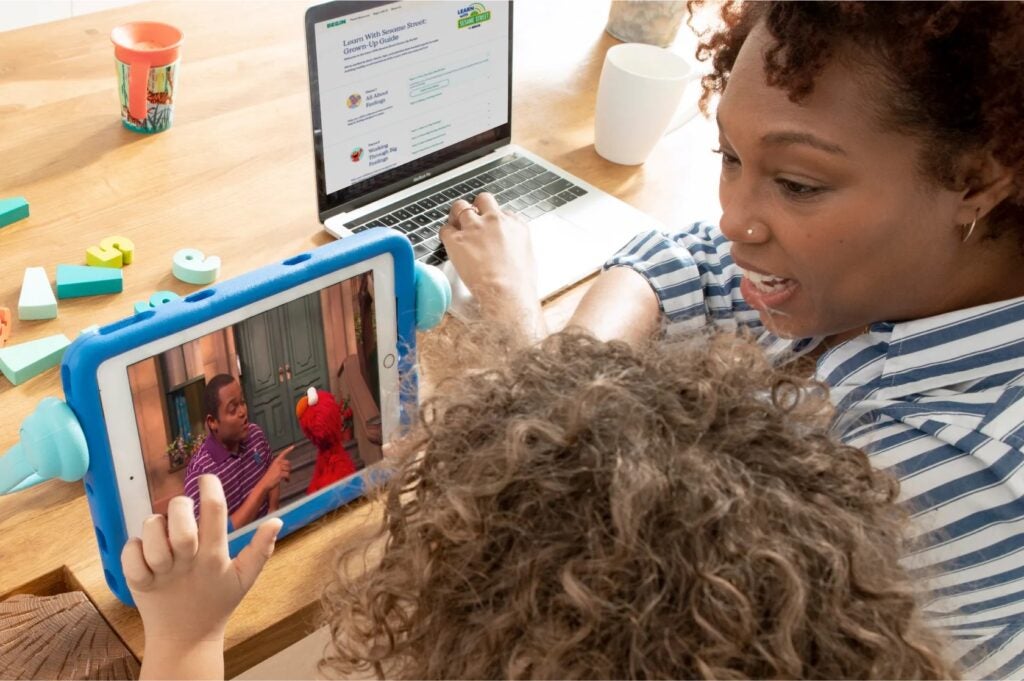
The Learn With Sesame Street membership helps your child foster confidence and self-awareness. It combines hands-on and digital learning through play featuring beloved Sesame Street characters.
9) Practice Positive Self-Talk
Teach your child the power of positive self-talk by having them repeat affirmations such as “I am brave” or “I am capable.” Encourage them to say these phrases when nervous or unsure.
10) Freeze Dance For Self-Regulation
When your little one struggles with big feelings, turn on the music and have a freeze dance party. Keep moving until the music stops, and then freeze. This physical activity will help with self-regulation.
Social Emotional Learning Activities: Social Awareness
Social awareness is the ability to understand and empathize with others’ emotions and recognize and appreciate different perspectives.
11) Read Diverse Books
Expose your child to diverse perspectives and cultures through literature. Reading books featuring characters from different backgrounds can help them develop empathy and understanding for others.
12) Use Stuffed Animals In Make-Believe Play
Stuffed animals are great tools for teaching empathy and social awareness. Encourage your child to role-play with stuffed animals, acting out different emotions and scenarios.
13) Practice Active Listening
Teach your child to actively listen by making eye contact, asking questions, and showing interest in what someone else is saying. Model this type of listening often.
14) Write A Letter
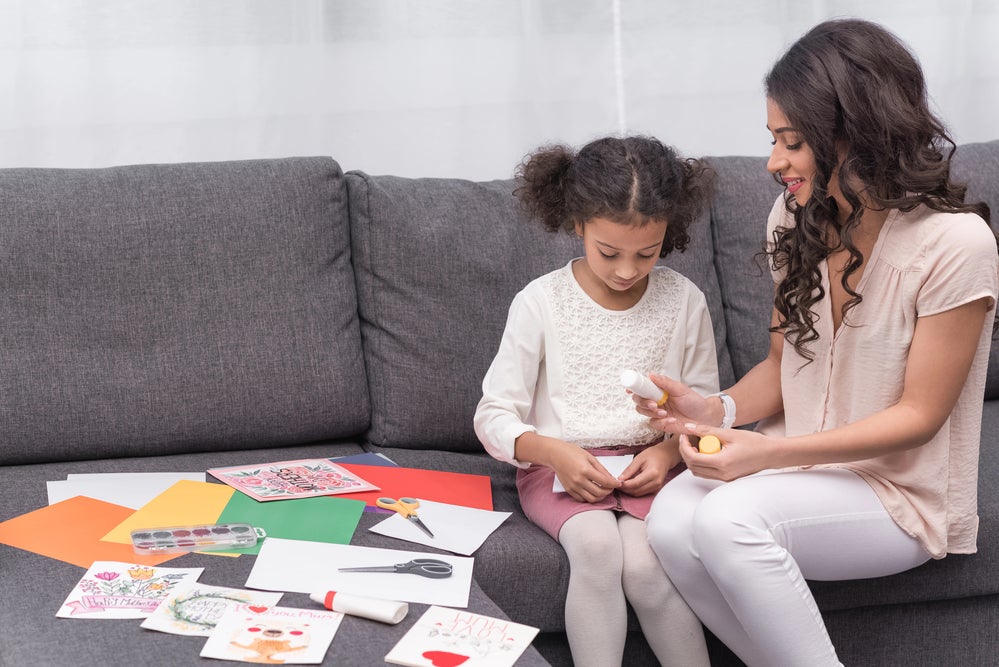
Encourage your child to write a letter or draw a card to send someone. Discuss how getting mail can make someone feel, and emphasize the importance of kindness.
15) Practice Patience
When your child has to wait for something (such as dinner, their turn on the computer, or your attention), teach them to do a quiet activity to help them be patient. They can count tiles on the floor, think of things they’re grateful for, or look around and find five things to put away.
16) Discuss Characters’ Feelings
As you read a book or watch a video together, pause occasionally to talk about how the characters feel. Ask your child to identify clues that can help them understand the emotions.
17) Feed The Birds
Learning to care for animals can also develop empathy in children. Put out birdseed and have your child help you watch and refill the feeder.
18) Plant Some Seeds
Growing plants teaches children patience, responsibility, and compassion for living things.
19) Encourage Cooperative Play
Working together helps us accomplish more and strengthens bonds between family and friends. Encourage your child to cooperate with siblings or friends to build forts, make obstacle courses, or create new games together.
20) Have A Compliment Circle
Gather as a family and ask everyone to compliment the person on their left. Giving and receiving compliments is a powerful tool for building positive relationships.
Social Emotional Learning Activities: Self-Management
Self-management is regulating emotions, thoughts, and behaviors in different situations.
21) Provide Challenges
Regularly challenge your child to try something new or complex. This could be anything from trying a new food to completing an obstacle course. Encourage them to persevere, and then celebrate their efforts, not just the result.
22) Try Little Passports
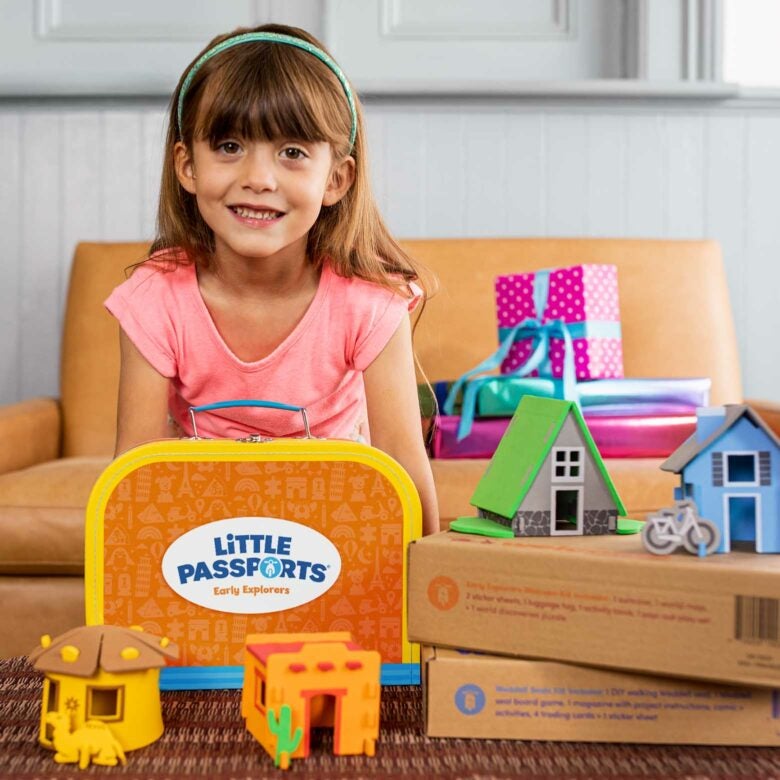
Allow your child to experience new things with the fun activity kits from Little Passports. Each month, a new box arrives in the mail, providing opportunities for hands-on learning projects.
23) Create A Vision Board
Create a vision board to help your child visualize their goals and dreams. What has to happen to make those dreams come true?
24) Set Aside A Designated “Worry Time”
If your child is a natural worrier, implement a designated worry time. Set aside 10-15 minutes daily for them to write down or discuss their worries. Then, help them to transition to another activity.
25) Learn About Famous Fails
Teach your child that failure is a natural part of life by learning about famous people who have failed before achieving success. Watch videos or read books about Thomas Edison, J.K. Rowling, or Michael Jordan, among others.
Social Emotional Learning Activities: Decision-Making
Making good decisions is an important life skill that significantly impacts your child’s future. It involves considering the consequences of their actions (for themselves and others) and choosing the best course of action.
26) Play Would You Rather
This classic game is an excellent way for kids to practice making decisions. Choose different scenarios with two options and ask your child which one they’d rather do or have.
27) Provide Choices
Give your child choices throughout the day. For example, ask them if they’d rather have a peanut butter and jelly sandwich or a turkey sandwich for lunch.
28) Create A Pros And Cons List
Help your child make decisions by creating a pros and cons list together. Discuss how every decision has both positive and negative aspects and the importance of weighing those.
29) Make A Budget
If your child has pocket money, help them make a budget to decide who to spend it on. Work together to look up prices and set priorities.
30) Play Board Games
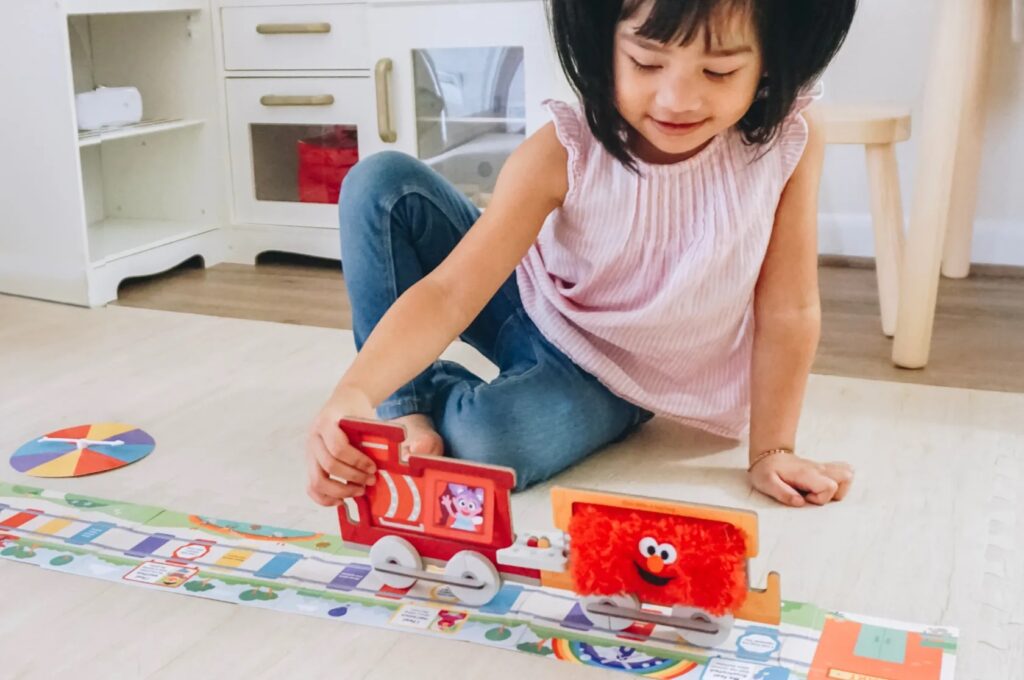
Games are full of decision-making opportunities. Play different games regularly and encourage your child to think strategically as they decide on each move. Some fun games are included in the Learn with Sesame Street membership.
Social Emotional Learning Activities: Relationship Skills
Help your child build positive relationships with these activities that focus on communication, cooperation, and conflict resolution.
31) Role Play
Role-playing different scenarios can help your child learn how to handle social situations and build relationship skills. You can act out common scenarios, such as meeting a new student, having a problem with a friend, or standing up for oneself respectfully.
32) Practice Conversing
It’s not always easy to talk to others. Help your child develop their conversation skills by practicing these skills:
- Making eye contact
- Active listening
- Asking and answering open-ended questions
33) Work Together
Your household is a team; everyone works together to maintain and improve the home. Assign age-appropriate chores for your child to take charge of.
34) Play Telephone
Whisper a message into your child’s ear and have them whisper it to someone else. See how the message changes as it goes around the room and discuss the importance of clear communication.
35) Make Friendship Bracelets
Encourage your child to make simple friendship bracelets to share with others.
Build Character With Begin
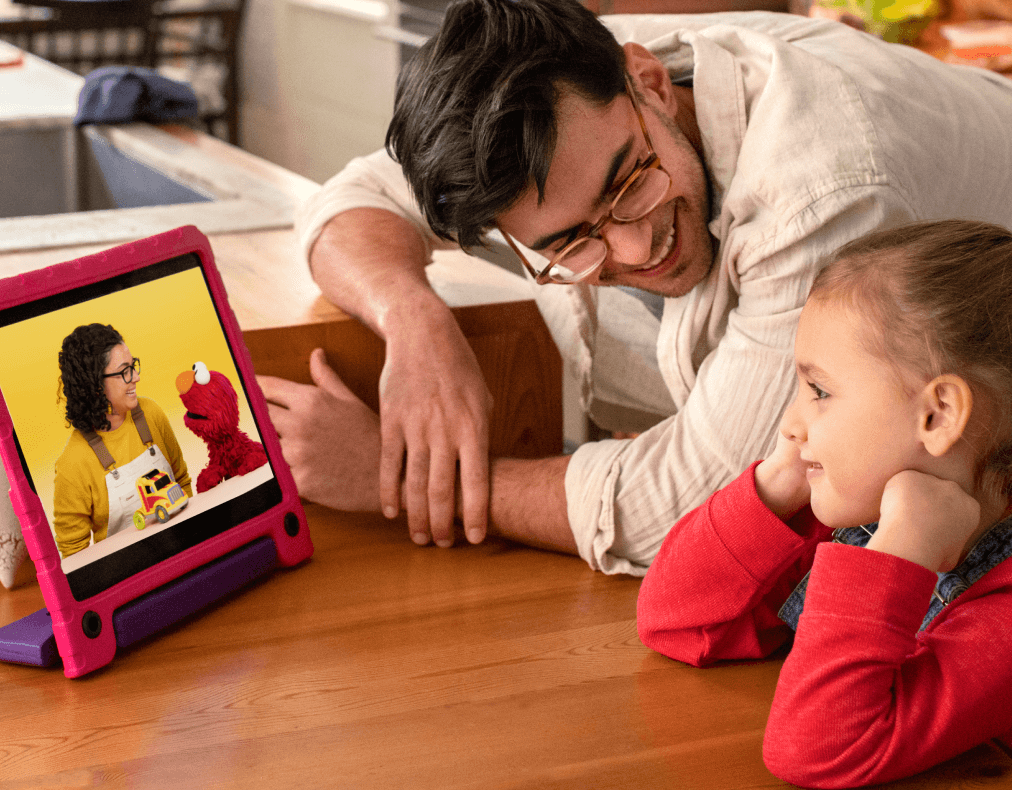
These social-emotional learning activities help develop your child’s character. At Begin, we weave even more social-emotional learning into our range of products, from HOMER to Little Passports.
And social-emotional skills are at the heart of the Beginner stage of our Begin Membership, which features products created in partnership with the experts at Sesame Workshop.
With the help of familiar Sesame Street friends, your child will learn how to manage big feelings, empathize with others, and reach their full potential. Take this quiz to find the right plan for your child today!
